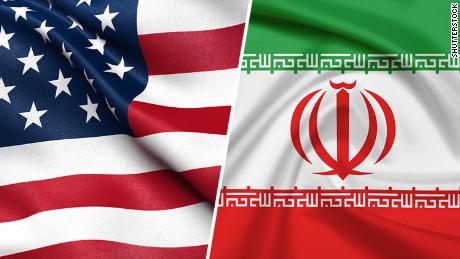El Salvador, a country of 6 million, is located in Central America along the Pacific Ocean. Approximately one-fourth of the population lives in poverty in a nation torn apart by civil war and robbed by corrupt, money-stealing politicians.
In the U.S., El Salvador was in the news during the 1980s for its government coups, Communist leadership, and civil war.
After the warring factions moved toward peace in the 1990s, El Salvador was more recently known – or was – for violent crimes and murders that were fueled by violent street gangs. That changed when President Nayib Bukele, a businessman, was elected in 2019. He immediately cracked down on gangs with mass arrests and prosecutions that put tens of thousands behind bars.
 Bukele, who appeared with President Trump at the White House this week, is also a controversial figure. His changes to the country's constitution to seek a second term, for example, have portrayed him as an authoritarian, dictator-like figure. He won re-election in February with 83% of the vote.
Bukele, who appeared with President Trump at the White House this week, is also a controversial figure. His changes to the country's constitution to seek a second term, for example, have portrayed him as an authoritarian, dictator-like figure. He won re-election in February with 83% of the vote.
Brigitte Gabriel, founder and chairman of ACT for America, tells AFN El Salvador is setting an example of the rest of the world.
“Remember, El Salvador just a few years ago was rampant with crime,” she says. “People were afraid to walk down the streets because the gang members were roaming the streets. They were destroying everything.”
When Bukele came into office, Gabriel says, he “turned the country around” in only a few years.
Even in news stories critical of Bukele, such as an AP story about prison deaths, there is recognition El Salvador moved from one of the world's most violent nations to one of the safest.

Gabriel says Bukele’s crackdown on crime to make the streets safer mirrors what President Trump is attempting to do in the United States
“To reassure mothers that your daughters, your children,” she says, “can walk down the street and come home safe without being killed or tortured by some gang member who is here in our country illegally."
President Trump has also caused concern for his remarks about sending American citizens, who are convicted of violent fines, to overseas prisons such as the Terrorist Confinement Center.







